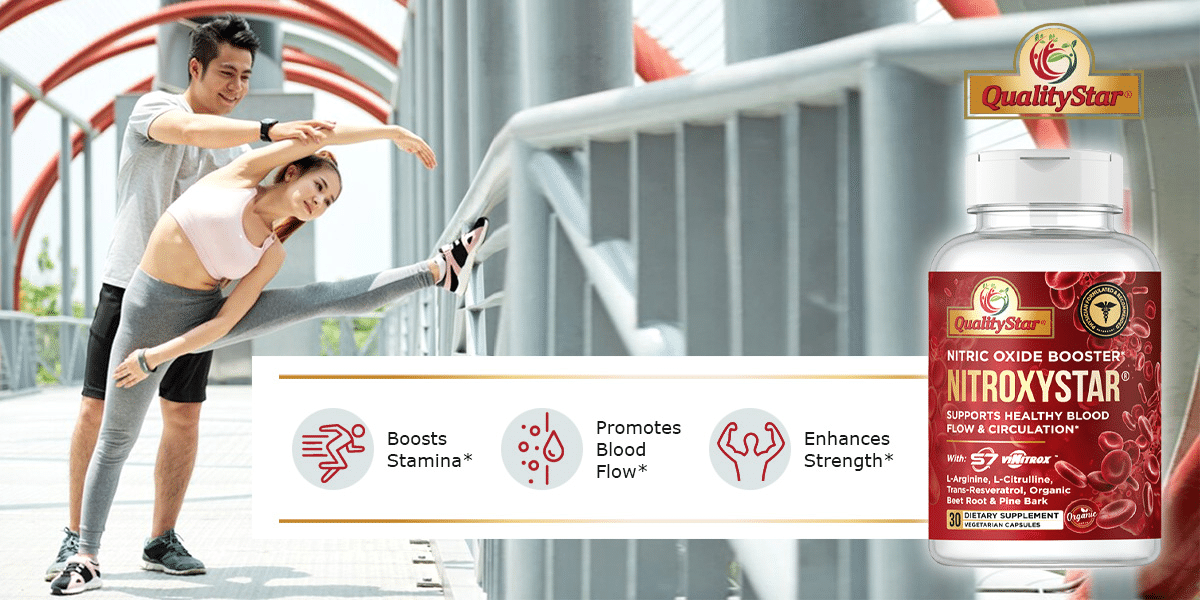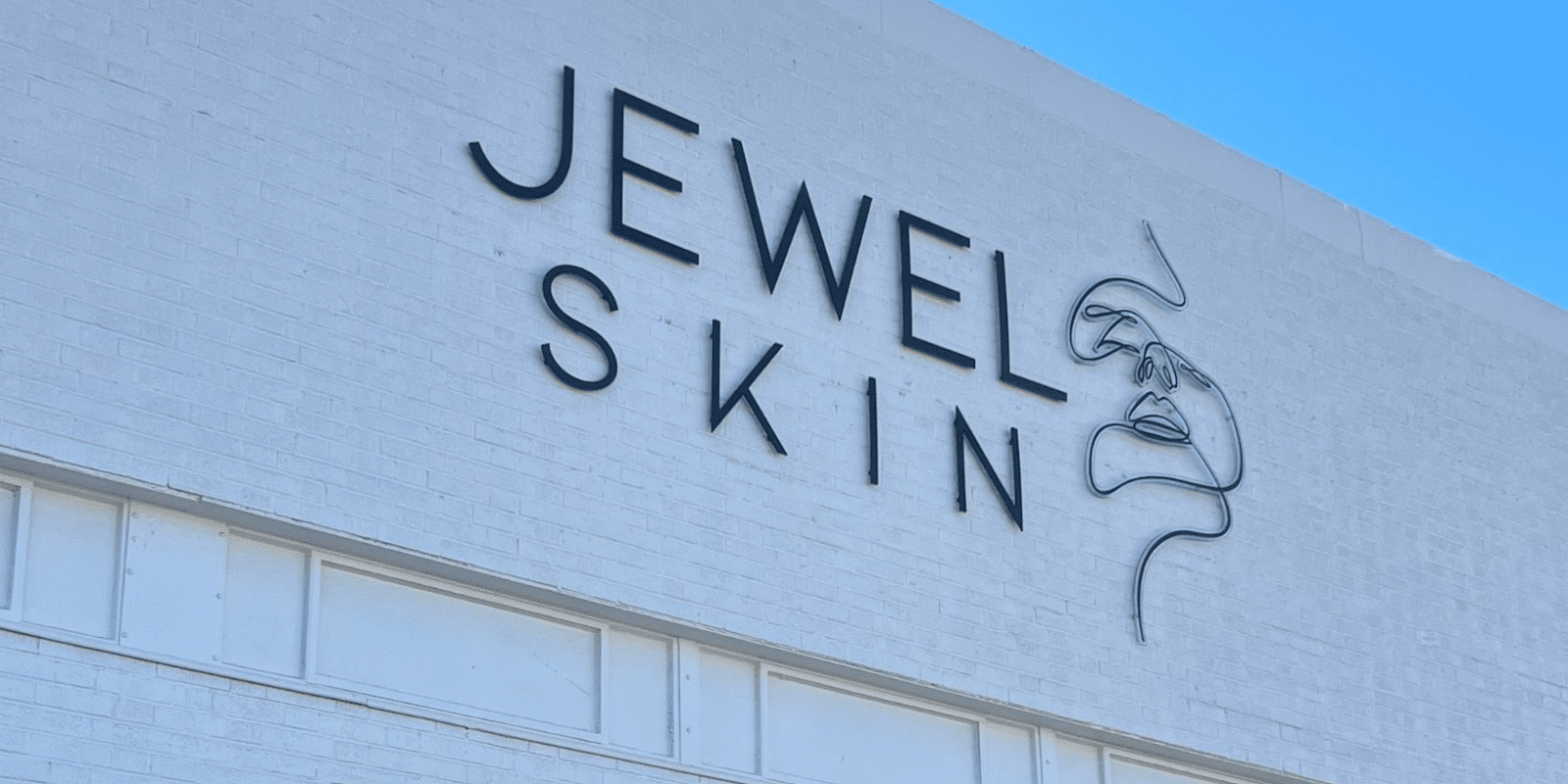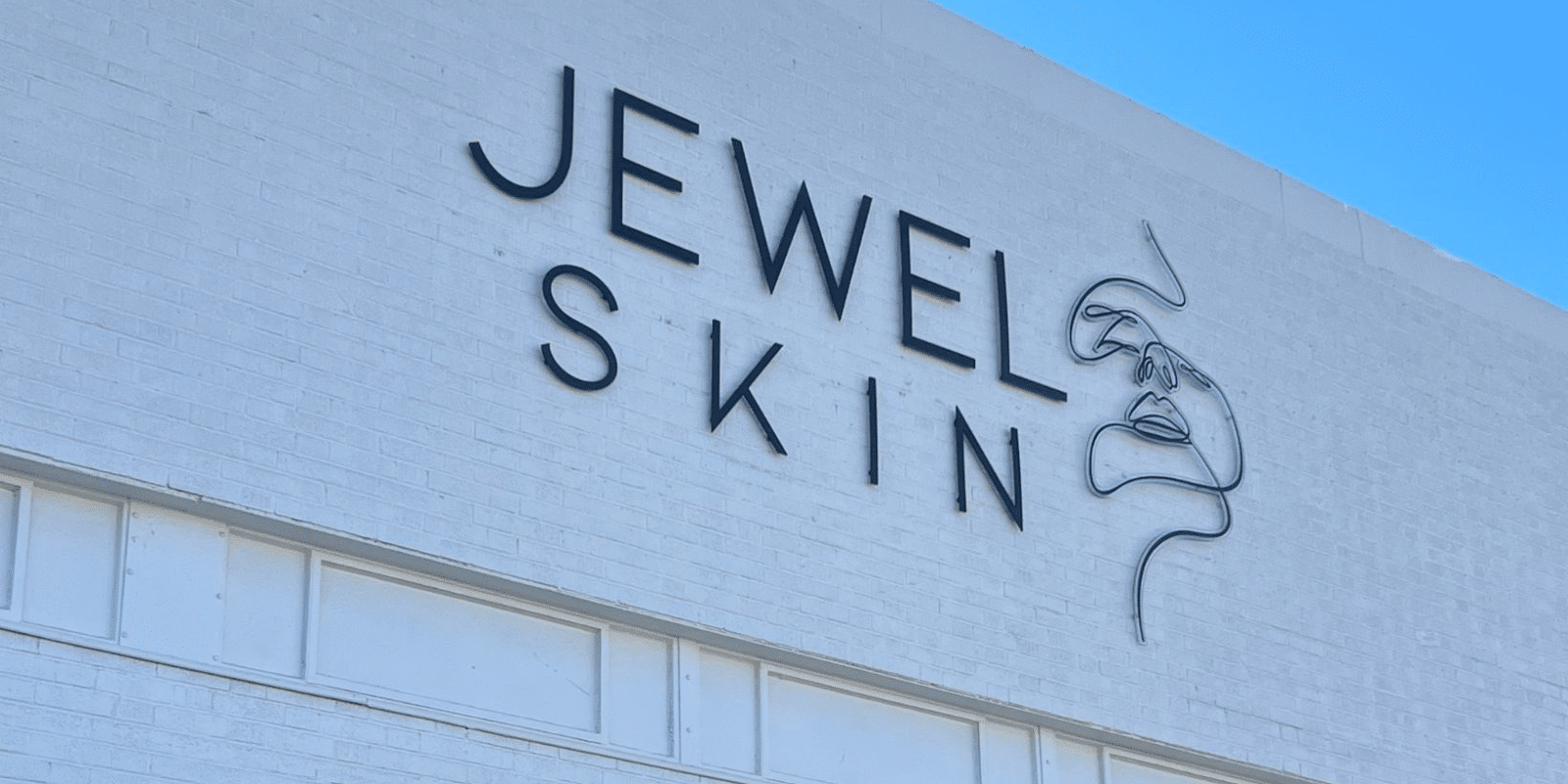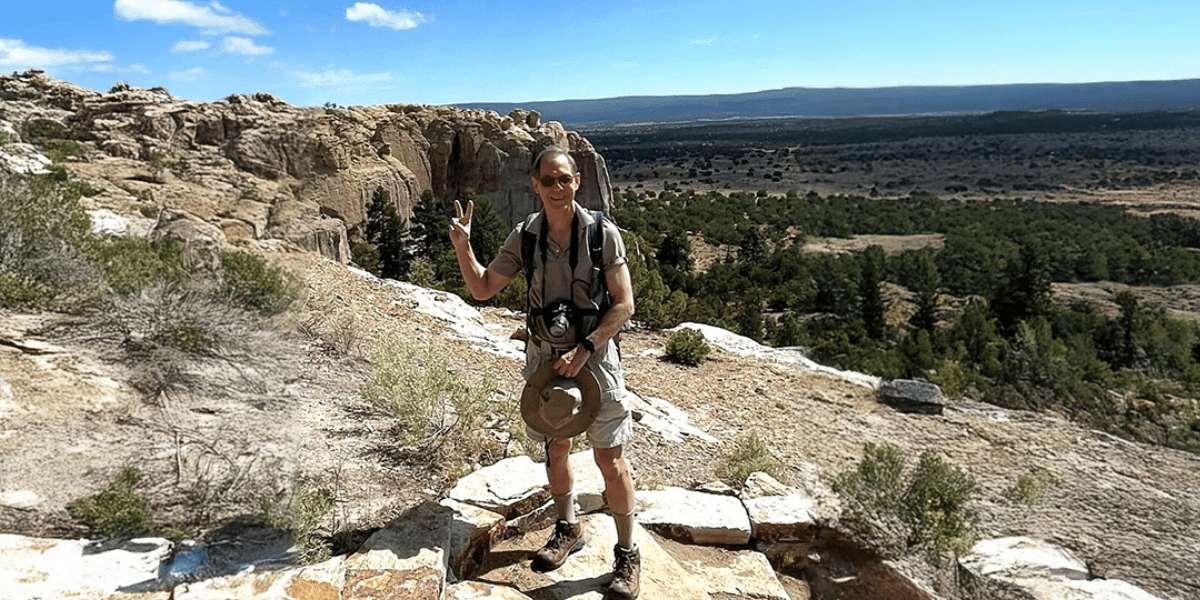By: Tom White
In a world constantly chasing “more,” addiction often lurks in the shadows, a manifestation not only through substances as often thought but through an insatiable hunger for success, material possessions, or the fleeting satisfaction from a social media notification. This relentless pursuit is a quest for dopamine – the “happiness hormone” that rewards our brain and briefly eases our existential aches. But can this cycle of dependency and the craving for “more” ever bring genuine satisfaction? Hannah Power, who wrestled with addictions and emerged with insights, believes the concept of ‘flow state’ offers a profound answer to what we’re craving.
“My journey through addiction started early,” Hannah reflects. “By 25, I had broken free from alcohol’s grip, only to grapple with marijuana dependency until 30. Beyond substances, I experienced an all-consuming need for external success, leading to professional burnout, consuming debt and an emotional void’.
However, the question persists – what is at the heart of this relentless pursuit? What is this elusive “more” that we chase? Where does it come from, and what can we do to relieve ourselves of this quest? For Hannah, salvation came in the form of ‘flow,’ a concept that transformed her understanding of fulfillment and satisfaction.
Famously introduced by psychologist Mihaly Csikszentmihalyi, ‘flow’ is a state of complete immersion in an activity, where the individual is so fully engaged that everything else fades away. “Mihaly describes flow as ‘escaping forwards,’ whereas substances, TV and social media scrolling are about ‘escaping backward,'” Hannah elucidates. “In flow, we move towards growth, mastery, and present-moment awareness—in contrast to the regression and evasion found in addiction. However, we still get that opportunity for escape, which we so often need in the complex human experience of which we are all a part.
“Flow isn’t about chasing; it’s about being present and enjoying the journey because that is the essence of a good life,” articulates Hannah Power. Her perspective is underpinned by neuroscience, which suggests that our greatest sense of reward comes from the pursuit rather than the outcome. Tj Power, a neuroscientist and Hannah’s brother reinforces this notion with his insights: “Dopamine, our brain’s anticipatory chemical, is triggered not at the point of achievement, but throughout the journey. This means our neurological makeup is wired to find joy in the pursuit. Hannah’s approach harnesses this understanding, urging us to recognize that the journey itself is the point of life, where true satisfaction unfolds.” This distinction is crucial in its role as a potential antidote for addiction.
While addiction seeks dopamine in a vicious cycle that never quite satisfies, ‘flow’ provides a healthier, more sustainable release of this hormone, without the impending sense of withdrawal or craving. “It’s a natural high,” explains Hannah, “a state of being completely absorbed in an activity that challenges skills and ignites passion, offering genuine contentment and a sense of purpose.”
How does this translate to overcoming addiction? When in ‘flow,’ individuals experience a profound form of mindfulness and intrinsic motivation. “They’re not obsessively seeking the next moment of pleasure or another hit of success; they’re deeply engaged in the process itself,” Hannah says. This intense focus replaces the anxiety and dissatisfaction often found in addictive behaviors, providing a space for calm, growth, and self-satisfaction that addiction promises but never delivers.
Steven Kotler, a renowned expert on flow states and peak performance, echoes Hannah’s sentiment: “Flow is the optimal state of consciousness where we feel our best and perform our best,” he states. It’s an optimal state that, according to Kotler, can significantly enhance life satisfaction and aid in the recovery from addiction.
Anna Lembke, a psychiatrist and author and guest on Power’s podcast ‘Flow’ adds that the pursuit of flow can recalibrate our dopamine system. “Engaging in activities that produce flow can help to reset the reward pathways in the brain that are hijacked by addictive behaviors,” she asserts, suggesting a neurological basis for flow’s healing potential.
Hannah’s personal journey through the depths of addiction led her to this transformative understanding and perspective. Whilst she isn’t a neuroscientist herself, she recognized from her own experience and studied that the ‘flow state’ wasn’t just a temporary escape but a sustainable path to rebuilding one’s life around genuine joy, passion, and daily engagement. Instead of falling back into the cycle of dependency, finding one’s ‘flow’ can lead to a meaningful lifestyle, where satisfaction comes from a sense of achievement and contribution, not from a fleeting high.
In light of her experiences, Hannah advocates for a deeper societal conversation around addiction, moving beyond traditional perceptions and treatments. By exploring and encouraging the ‘flow state’ as a potent tool for recovery and fulfillment, she joins others in the psychological and wellness communities who see immense potential in this approach. Is it a cure for addiction? No, but could it be a part of the puzzle? It looks that way.
In her quest for healing, Hannah Power discovered the potent intersection of personal branding and ‘flow.’ She founded Amplify, a platform dedicated to helping individuals and businesses turn their messages into movements. Amplify is more than a personal branding company; it is a sanctuary where people rediscover their ‘flow’ for healing and growth. Here, personal branding is reimagined as a journey toward authenticity, where individuals learn to channel their unique stories and visions into powerful narratives that resonate globally.
“Finding your flow isn’t just about personal fulfillment; it’s about creating a ripple effect that touches others,” Hannah elucidates. “Amplify harnesses this transformative energy, guiding clients to align their personal brand with their true purpose. This alignment is where real impact lies—it’s where messages become movements, and personal healing translates into collective empowerment.”
The implications of Hannah’s insights are profound in our world riddled with addiction, suggesting that the journey to healing and wholeness might well begin with identifying our passions and losing ourselves in them. In this, we aren’t just recovering from addiction; we’re reclaiming the essence of our humanity — our innate need to immerse ourselves in, contribute to, and find lasting joy in life’s journey, one moment of complete presence at a time.
Published by: Nelly Chavez












